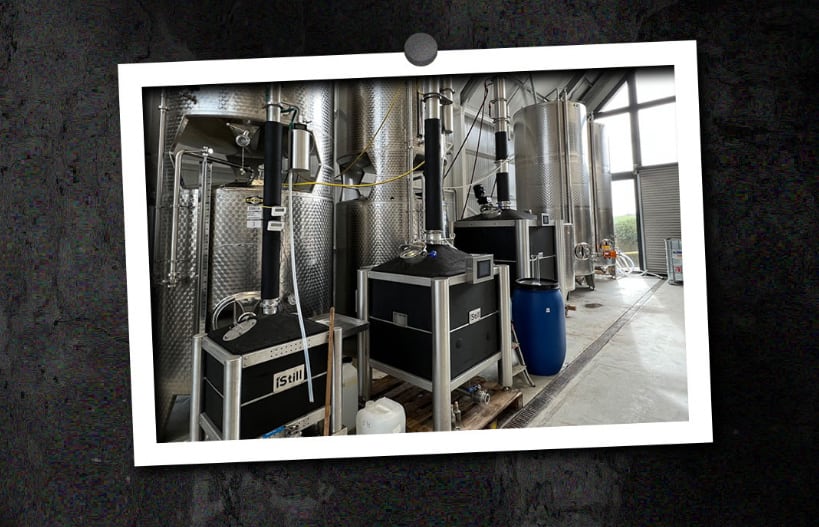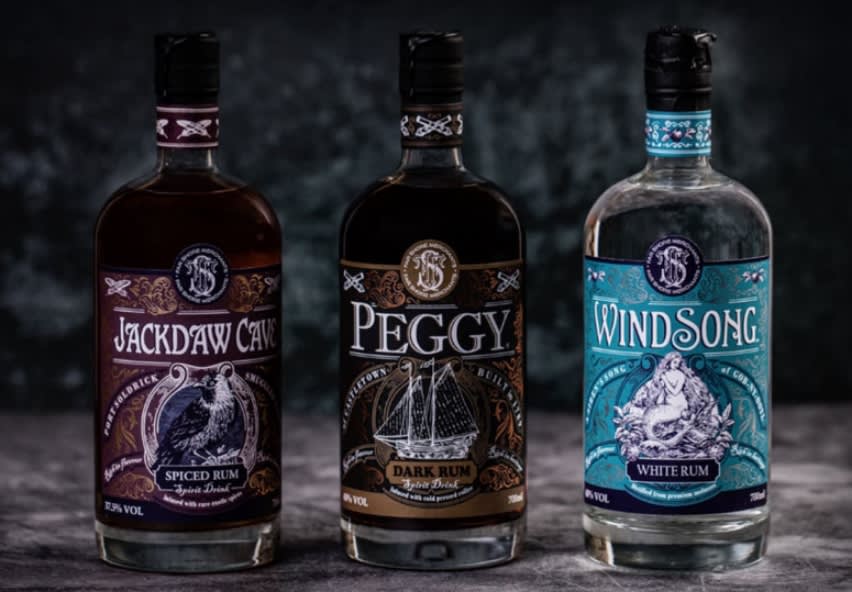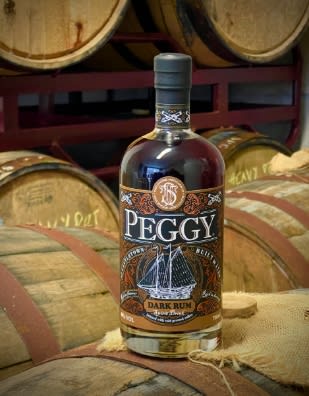
I’ve been tracking trends in rum for the past eight years and the significant and steady growth trajectory we are seeing now in the UK towards artisan products was predictable from some very early rumblings. The gin craze, in particular, established a very strong foundation for the craft spirit industry in the UK, with consumers increasingly turning to locally produced, high-quality products over mass-produced brands.
While artisanal gin and whiskey have led the way to date, proper artisan rum is here to stay as a major player in this category. Rum has always been a popular spirit from the traditional regions, but in recent years, a new wave of small-batch, craft British distillers has emerged, producing high-quality, unique rums that are winning over consumers and bartenders alike.
The artisan rum movement is all about small-batch, craft distillation, with a focus on quality and uniqueness. The small batches allow for greater control over the distillation process and ensure a more consistent and high-quality product. Additionally, artisan rum producers tend to use high-quality ingredients, which can give the rum a unique flavour profile that sets it apart from other mainstream rums on the market. In the end, it is all about taste.

As the artisan rum movement continues to gain momentum, it’s clear that it’s certainly not a passing fad – it’s here to stay. Consumers are increasingly interested in high-quality, unique spirits that reflect the local culture and heritage of the region they come from, and artisan rum fits the bill perfectly.
In addition to the consumer demand, bartenders and mixologists are also embracing artisan rum, using it in high-end cocktails and promoting it as a premium spirit. This trend is only set to continue, with more and more bars and restaurants featuring artisan rums on their menus.



One issue facing the rum industry is the lack of transparency in the production process of traditional rum territories. While some brands provide information about their ingredients and production methods, many others do not. This can make it difficult for consumers to make informed purchasing decisions, which could ultimately impact the industry’s reputation. It also provides a real opportunity for British (made from scratch) rum to step up and be a serious player in this spirit category. (Although I’m certainly not suggesting the one is better than the other – it’s more about offering a different taste profile and provenance to the consumer.)
Make no mistake, the rise of artisan rum is a trend that’s shaking up the distilling industry and winning over consumers and bartenders alike. The focus on quality, uniqueness, and local sourcing sets artisan rum apart from mass-produced rums and offers a new and exciting option for spirits lovers.
Whether you’re a rum aficionado or a curious consumer, artisan British made rum is only going one way and that’s UP.

